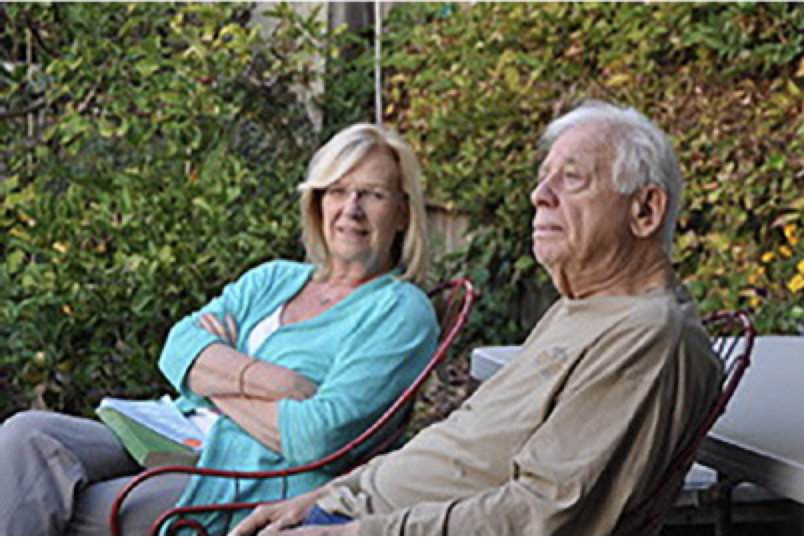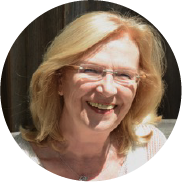Stanley Keleman’s 1985 book Emotional Anatomy and the DVD Emotional Anatomy have established an original way of conceiving and understanding how the soma develops and forms itself. In my role as Co-Director of the “Institut für Formative Psychologie” in Solingen Germany and organizer of Stanley’s European programs for the past 27 years I have participated in the evolution of his work and have seen him again and again direct a person to their own experience as the most important source of knowing. His direct and practical teaching about forming somatic experience empowers each person to be their own authority for knowing themselves and growing themselves. There is no stereotyped or idealized way to be. Experience itself gives rise to meaning and each person has the opportunity to learn to to form their experience into the satisfactions and happiness they seek.
Over the years Stanley differentiated himself from the general notion of body work as therapy. He defined and organized his approach as an educational process. He did not look for what had gone wrong or needed fixing, his focus was always on experiencing and understanding what is happening now and learning what the soma is seeking to form. He did not impose ideas on the body’s experience but sought to understand the language of how the body was speaking.
In 2003 I translated Stanley ́s article A New Vision for Somatic Psychology into German. In it he writes:
Formative Psychology gives a philosophy and method of how to work with our life. We learn to regenerate our emotional and instinctual vitality, to inhabit our body, and to incorporate our excitement and emotional aliveness. The goal of Formative practice is to use daily life to practice being present and to create an adult self and reality. I proceed from the premise that we are each conceived as an adult and that we grow the adults we are meant to be.
To work somatically in this way is to bring about a shift in recognition and to experience the way we organize to be present, to solve problems and to try on the new shapes of expression. It also organizes a dialogue between body and brain which shifts the patterns of meaning and order. We begin to live our destiny, our somatic inheritance. We begin to empower ourselves in forming our adult and its relationships.
In his private practice he conducted somatic conversations with people helping facilitate their own experience and discoveries. In Stanley’s Formative paradigm, experience gives rise to psychology not the other way around. In his writing, workshops, seminars and weekly practice classes Stanley has made this distinction very clear.
In the early 1980’s Stanley began a weekly class that he first described as The Bodying Practice then simply as The Somatic Practice Class. For almost 40 years these one hour classes have been a weekly ritual for people committed to this kind of self education. Stanley was emphatic that learning from him was an individual experiential effort. He was patient and gave his full attention to people who were sincere and famously blunt in his dismissal of pretenders. He was insistent that he did not train people and he did not want followers through imitation. His supported individual empowerment through voluntary self forming and his deepest commitment was to support each person’s somatic self-education as an evolutionary process of developing our individual and communal humanity.
For me, a former lawyer, licensed as a therapist (HP Psychotherapeut) Stanley’s paradigm of learning what is seeking to form rather than needing correction has been an important and defining distinction. In his recent workshops and writings, especially in his two small books of Essays in Formative Psychology, Stanley reaffirms that the basis of his concepts and the intent of his teaching are primarily educational rather than remedial or therapeutic. He recognized these may be associated effects but they are not the central purpose of his work. When we last met in July 2018 he shared how much he wanted people working with the Formative principles he had developed to understand and honor this important difference.
First published in the International Body Psychotherapy Journal, Vol.17, No.Two, Fall 2018


